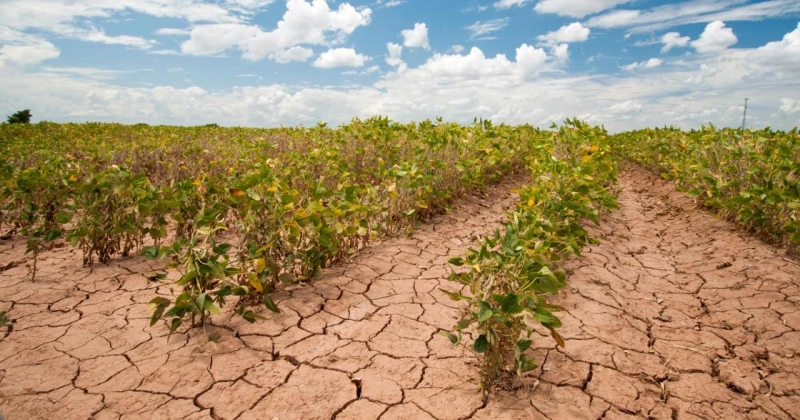As the global landscape continues to change, the stress on farmers and the agriculture system to produce more food is high. However, climate change poses some challenges to farming systems worldwide, affecting agriculture and farmers’ livelihoods. The frequent changes in temperature, growing number of pests and insects, shifts in precipitation patterns, and increasing chances of diseases all affect agricultural production to a great extent. While farmers need to alter their farming practices, the impact of advanced agricultural techniques on climate change cannot be denied. So, the relationship between climate change and agriculture requires a careful approach and planning to avoid the drawbacks. Here is how farmers can reduce the impact of agriculture climate change.
Use of Organic Practices
With industrial development and advancements in the farming business, there has been constant use or application of chemical-based fertilizers, herbicides, pesticides, etc., in conventional farming. However, these chemical or petroleum-based products can affect human health and damage nature. The solution for the same is adopting organic products for farming. Organic practices ensure cleaner soil, low GHG emissions, and healthy food.
Efficient Water Management
Watering plants and crops is crucial for crop productivity and quality. However, in drought-subjected areas, collecting rainfall is simply a cost-effective method of water supply on agricultural lands, ensuring steady plant development. Good water management and drip irrigation can help farmers supply the crop with the required moisture without spending extra on water supply. Also, mulching can help conserve moisture (by reducing the evaporation process), moderate temperatures, and suppress weeds, resolving some key farming issues due to climate change.
Improved Soil Health
Remember, healthy soils are great for withstanding extreme weather conditions and aid bigger and better crop growth. Healthy soil supports several functions for plant growth on the farm, including biological control of plant pests, nutrient cycling, and regulation of air and water supply. You should use rotation methods and leave residues from annual crops in the field to maintain soil organic matter. Also, earthworms boost nutrient availability and build more stable soil since they feed on natural components and burrow underground. However, overuse of pesticides can affect these earthworms and affect the soil health. It is wise to decrease dependency on chemical-based products to allow earthworms to grow.
Ecosystem Compatible Drainage
A proper water infiltration system on the farm helps avoid waterlogging and flooding. It allows farmers to cut down on the use of water resources and resolve the issues related to soil destruction. However, this agricultural method and climate adaptation demand careful planning to ensure ecosystem biodiversity. You have to remember two important things - first, there should be sufficient water to sustain plant health, and second, the drainage system should not contribute to unnecessary fertilizer or pesticide runoffs.
Renewable Energy
Avoiding fossil fuels and maximizing energy efficiency are two major steps to reduce carbon footprints. You can use renewable energy production on farmland, such as wind turbines and solar panels. Adopting renewable energy sources supports a greener environment and positively impacts the overall farming business. By investing in wind turbines, solar panels, or biofuel production, you can reduce dependency on costly regular energy sources. This, in turn, cut down on operational expenses, making the farming business more profitable with a better ROI.
These are some ways for farmers to reduce the impact of climate change on agriculture and protect farms.


